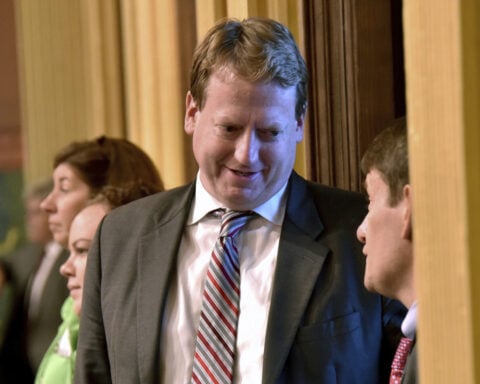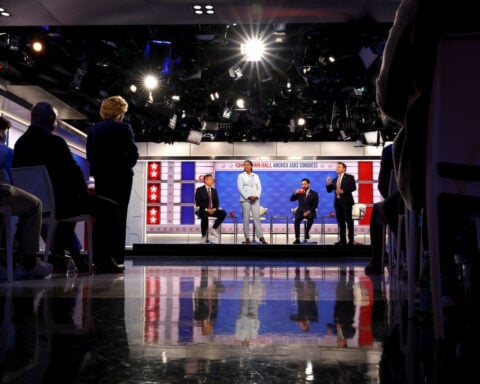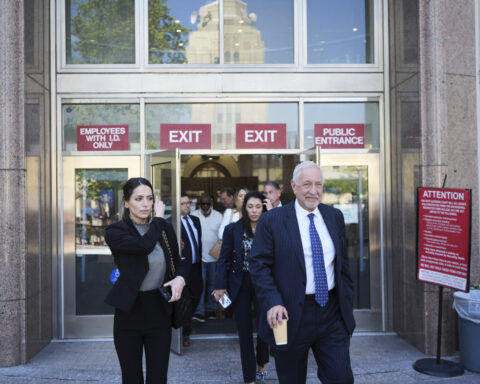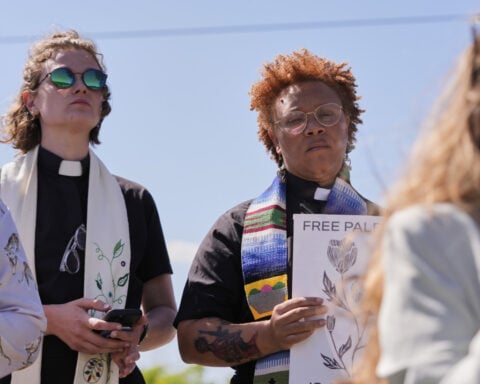For these study subjects, independence is not simply the absence of party allegiances but an identity with its own meaning. They reject party labels and partisan rancor, which means that the kinds of messages that can motivate the Democratic and Republican bases may strike independents as more unwanted partisan vitriol.
The research indicates that at least some pure independents seek to avoid political conversation or interaction of almost any kind. They therefore pose a serious dilemma for campaign strategists: The very voters they need to mobilize to create a winning coalition might be the most difficult to reach.
Independents are distinct from other voters in a number of other ways that are also likely to raise the blood pressure of candidates and their campaigns. People who identify themselves as independents, even if they lean, tend to be less engaged in politics and pay less attention to campaigns than people who identify as partisans. They are also less likely to partake in partisan social media. All told, independents are less likely to use online sites and platforms where campaigns can reach them.
At the same time, to the extent that independents are less consumed by partisan or ideological media echo chambers, they are potentially open to campaign appeals and encouragement to vote.
Perhaps the most concise way to describe independents in 2024 is highly prized and highly elusive. The voters Biden and Trump need the most may prove to be the hardest to reach.
Julio Borquez does not work for, consult, own shares in or receive funding from any company or organization that would benefit from this article, and has disclosed no relevant affiliations beyond their academic appointment.
Source: The Conversation

 Trump has begun another trade war. Here's a timeline of how we got here
Trump has begun another trade war. Here's a timeline of how we got here
 Canada's leader laments lost friendship with US in town that sheltered stranded Americans after 9/11
Canada's leader laments lost friendship with US in town that sheltered stranded Americans after 9/11
 Chinese EV giant BYD's fourth-quarter profit leaps 73%
Chinese EV giant BYD's fourth-quarter profit leaps 73%
 You're an American in another land? Prepare to talk about the why and how of Trump 2.0
You're an American in another land? Prepare to talk about the why and how of Trump 2.0
 Chalk talk: Star power, top teams and No. 5 seeds headline the women's March Madness Sweet 16
Chalk talk: Star power, top teams and No. 5 seeds headline the women's March Madness Sweet 16
 Purdue returns to Sweet 16 with 76-62 win over McNeese in March Madness
Purdue returns to Sweet 16 with 76-62 win over McNeese in March Madness







